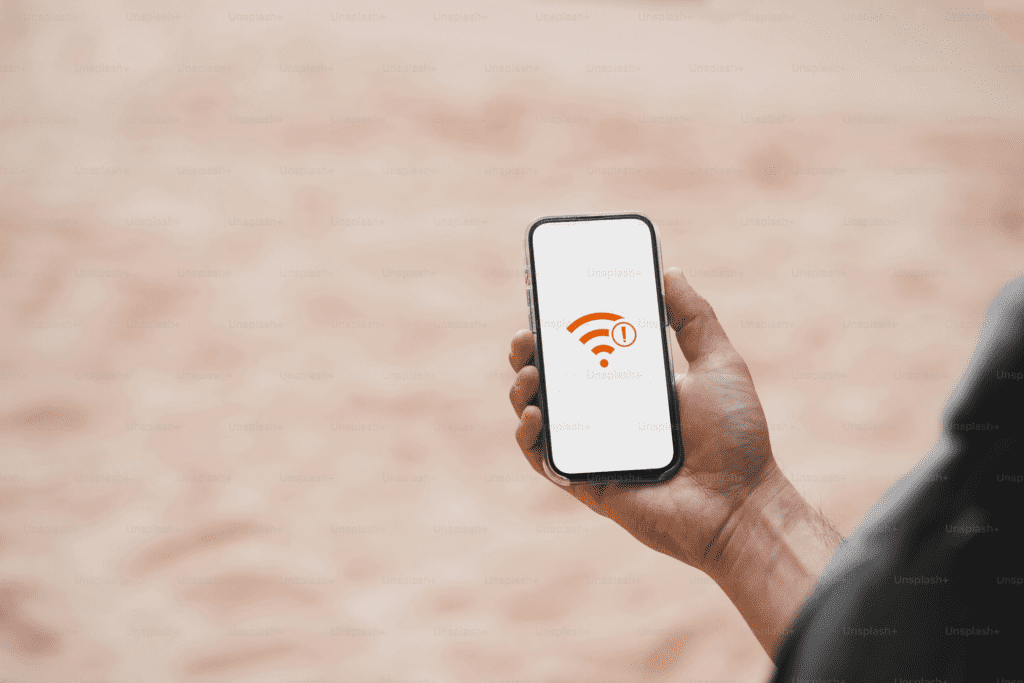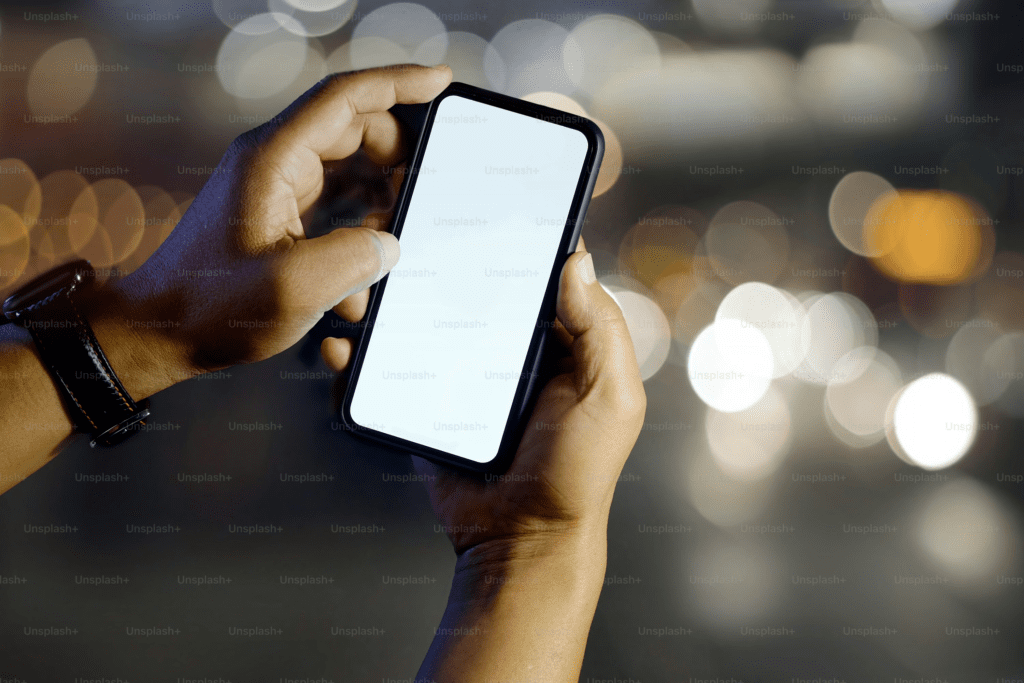The chief executive of cell company Three blasted the UK’s “diabolical” 5G speeds and coverage. He proposed a £15bn merger with Vodafone as the under-pressure country’s savior. Finnegan claimed that the deal would release huge investment for better infrastructure, which will help boost the UK digital network and economy.

The UK’s new mobile firm boss has publicly slammed the country’s rotten 5G signal quality and its slow internet speeds. In no minced words, he said the country’s mobile network performance was “terrible” with repairs “needed badly at this point.” Finnegan believes that the key to fixing these problems could well be a huge business deal—Three needs to merge with fellow telecoms behemoth Vodafone to help solve the crisis.
Three and Vodafone have now entered into a £15 billion merger, which is eyed to be huge. Finnegan claims that this deal is the key to the future of the UK’s mobile network. He insists in the event the merger takes place major alterations brought could finally strengthen the weak 5G network in the kingdom.
In fact, the UK currently ranks 22nd out of 25 European countries for the speeds and availability of their 5G service. The services are not being provided well enough, which has frustrated even people like Finnegan. He says the current state of the market makes it nearly impossible for companies like Three to invest enough in their networks to make a real difference.
Finnegan pointed out that Three has been struggling financially, with the most recent pre-tax loss standing at £30 million in the first half-year of 2024. Despite this being quite an improvement compared to the previous year during the same half-year, which was £76 million. Finnegan attributes the results of the even present losses to the increasing costs, which are seriously heightened by the inflation rates.
“We have had negative cash flow since 2020, with our costs nearly doubling in a space of five years,” said Finnegan. “This has made it very tough for us to keep on investing in our network. We need a solution, and I believe that the merger with Vodafone is that solution.”
He said approval of the merger would see £11 billion unleashed in new investment in digital infrastructure. With this much money, it could invest in the highest quality 5G network to portray the UK as a leader once again in affairs concerning mobile internet speed and availability to its citizens. Finnegan further pointed out that better networks should not just improve services for the user but also help in growing the economy by transforming business dealings and innovations.

Now, what makes the criticism from Finnegan particularly biting is that this comes at a time when the UK government is already under pressure, further straining a recently fostered 5G coverage around the country. The government had indeed been working on expanding 5G coverage around the country, but the initiative experienced tough times because of the government’s banning Huawei, a Chinese tech giant, from involvement in 5G construction over security concerns. This was a decision in 2020 that also required the removal of some of the existing Huawei equipment in place. A necessary move for reasons of national security, it has also held things back in terms of development of 5G levels.
CEO Robert Finnegan is now underlining this, stating the company has used a report from research company Opensignal that was recently released to assert a country significantly lags behind leviathans such as Denmark when it comes to mobile download speeds, a report the company says will hang heavy over potential data-based decisions. The new data are based on a report by the research company Opensignal, recently published, indicating that a country is considerably lagging behind Europe and other major global economies known as the G7. To put an exclamation point on that, it is Denmark in front in mobile download speeds, while the UK is ahead by only a mat of hair from countries like Hungary, the Czech Republic, and Poland.
The state of the UK’s mobile network as it is currently is at best questionable and raises more queries on the top four providers: Three, Vodafone, BT with EE and the new Virgin Media-O2. The companies have been installing the new 5G system across the country but, just like working on a turtle speed, things are just too bad. Finnegan believes that the rescue pill can only be the merger that he argues will allow more sustainable investment in the network.
It is still under review by completion regulators, and these must ensure that the closure will not lead to a monopoly or completely squash competition in the market. Nonetheless, Finnegan is optimistic that a merger of the two companies would be to the advantage of the consumers. To conclude, it would put the UK in a better, more competitive playing field able to deliver the 5G service that is fast and reliable, which its consumers deserve.

And with the UK still lagging behind in 5G speeds and coverage, the pressure has mounted on regulators to make a ruling. Will it go ahead, allowing Three and Vodafone to combine forces? Or will they be the ones to shoot it down and torment the UK’s already beleaguered mobile network? All eyes are on the regulators, considering the future that 5G will have in the UK.








